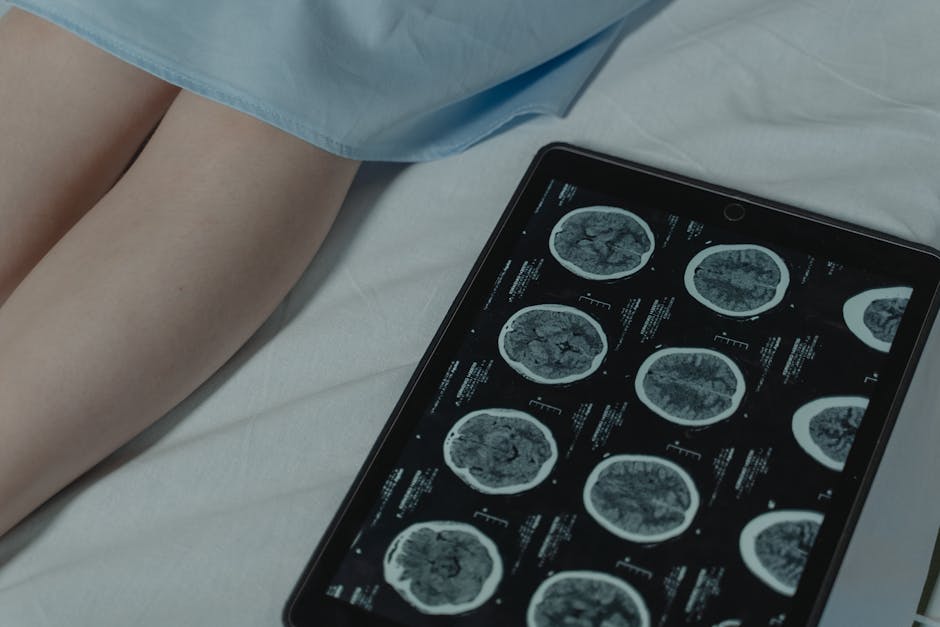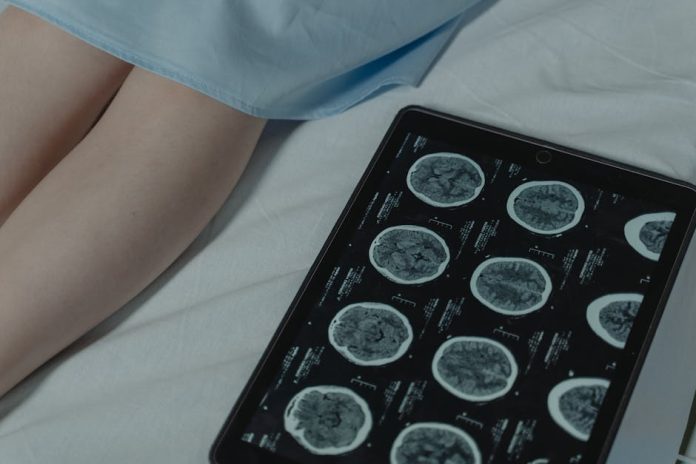
Imagine your brain as a vast, interconnected network, constantly buzzing with electrical activity. Now, picture a sweet spot – a state of perfect balance where information flows freely, connections are easily forged, and learning and memory thrive. This ‘sweet spot’ is known as criticality, and emerging research suggests it could be the key to unlocking unprecedented cognitive potential and even preventing devastating diseases like Alzheimer’s.
What is Criticality? The Brain’s Optimized State
Criticality describes a state of dynamic equilibrium within complex systems. Think of it like a sandpile: add too few grains, and nothing happens; add too many, and the pile collapses in an avalanche. In a critical state, a single grain can trigger a cascade of change, maximizing information processing and adaptability. In the brain, this translates to optimal neural activity, where the spread of information is neither too localized (inefficient) nor too widespread (chaotic).
How Criticality Fuels Learning and Memory
Researchers have found compelling evidence linking criticality to enhanced cognitive function. When the brain operates near criticality, it becomes:
- More Efficient: Neurons can communicate with each other more efficiently, leading to faster processing speeds and improved cognitive performance.
- More Flexible: The brain’s ability to adapt and reorganize itself is enhanced, making it easier to learn new information and skills.
- Better at Pattern Recognition: Criticality optimizes the brain’s ability to identify and utilize patterns, crucial for memory formation and recall.
- More Resilient: The brain is more resistant to disturbances. It’s like a well-balanced system that can absorb shocks and maintain function.
This state allows for a greater dynamic range in neuronal firings and communication, optimizing the brain’s ability to create and store memories.
Criticality and Alzheimer’s: A Potential Lifeline
Alzheimer’s disease disrupts the brain’s delicate balance, often leading to reduced neural activity and impaired cognitive function. Excitingly, research indicates that maintaining or restoring criticality could play a vital role in Alzheimer’s prevention and treatment. Some theories suggest that by promoting a brain state of criticality, we can:
- Slow Disease Progression: Potentially mitigating the impact of neurodegeneration by optimizing remaining neuronal function.
- Improve Cognitive Reserve: Building stronger neural networks that are more resilient to damage.
- Enhance Cognitive Therapy: Making therapy for cognitive improvement more effective.
This area is still actively being studied, but initial results are promising.
Boosting Brain Criticality: Practical Strategies
While the science is still evolving, there are steps you can take to promote brain health and potentially enhance criticality:
- Get Enough Sleep: Sleep is crucial for brain health and helps to regulate neural activity.
- Engage in Regular Exercise: Physical activity has been linked to improved cognitive function and increased neuroplasticity.
- Challenge Your Brain: Activities like learning new skills, playing games, and reading can stimulate neuronal activity.
- Reduce Stress: Chronic stress can negatively impact brain function. Practice relaxation techniques like meditation and deep breathing.
- Maintain a Healthy Diet: Consume a balanced diet rich in nutrients that support brain health.
The Future of Brain Science
Research into brain criticality is in its early stages, but the potential implications are profound. By understanding and harnessing the power of this ‘sweet spot,’ we could unlock new frontiers in learning, memory enhancement, and the prevention and treatment of neurodegenerative diseases. The future of brain science holds exciting promise, and the journey towards understanding and optimizing our brains is just beginning.

